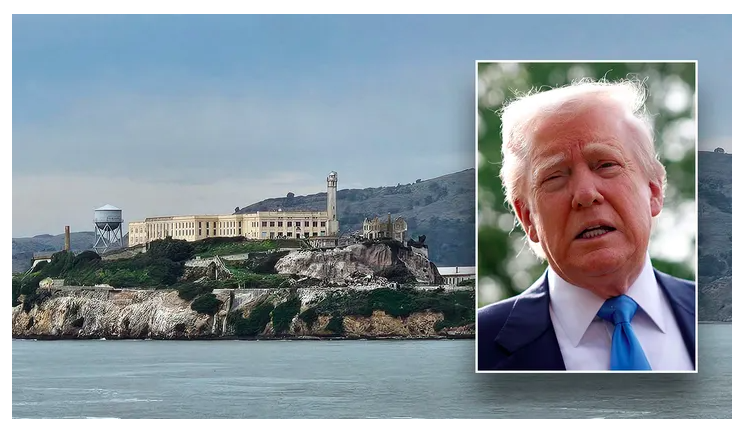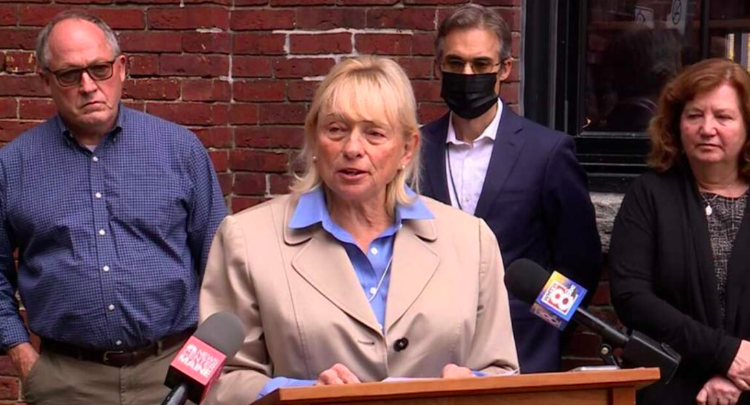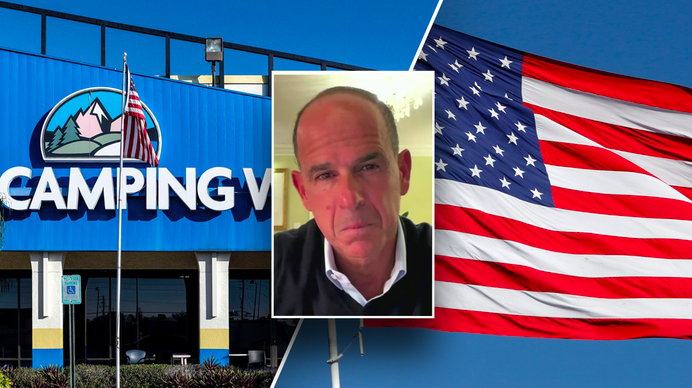Trump Wants To Reopen Alcatraz: Is It Really Inescapable?
Former President Donald Trump has floated a bold and unconventional idea in his renewed calls for law and order: reopen Alcatraz. The infamous prison island in the San Francisco Bay, once home to America’s most dangerous criminals, could soon reemerge as a symbol of strength, deterrence, and national resolve if Trump gets his way.
The proposal, shared during a recent rally and echoed in conversations with advisors, isn’t just about nostalgia or shock value. Trump’s vision is clear—bring back the tough-on-crime approach that worked. “We need real consequences again,” Trump reportedly told a crowd. “If you commit violent crime, you go to a place that no one escapes from—Alcatraz.”
— Trump War Room (@TrumpWarRoom) May 4, 2025
For decades, the narrative around Alcatraz has been filled with mystery and intrigue. Officially closed in 1963, the prison earned a reputation as the most secure lockup in American history. Located on a rocky island surrounded by frigid, fast-moving waters and strong tidal currents, it was considered escape-proof. During its operation, 36 inmates attempted to flee; none were confirmed to have made it to freedom.
Despite Hollywood’s dramatizations and conspiracy theories, most experts agree: escaping Alcatraz and surviving the treacherous swim to the mainland was practically impossible—at least without outside help or military-level conditioning. One Daily Wire report recently asked experienced open-water swimmers how feasible it would be to swim from Alcatraz to the shore. The consensus was sobering. Even with today’s wetsuits and safety support, the 1.25-mile journey is no easy feat.
But Trump’s proposal isn’t merely about whether someone could swim to freedom—it’s about restoring a sense of consequences in a country increasingly plagued by criminal leniency. Cities across the U.S. have watched crime skyrocket as progressive district attorneys refuse to prosecute theft, violence, and gang activity. Trump sees Alcatraz as more than a prison—it’s a message to criminals: there is no sanctuary from justice.
As one law enforcement veteran put it, “Alcatraz represents something we’ve lost in this country—fear of the law.” That sentiment resonates strongly with conservatives who’ve grown tired of revolving-door justice systems and emboldened criminals exploiting soft-on-crime policies.
The Biden administration, predictably, has remained silent on the suggestion. Progressive officials in California have long opposed incarceration expansion, even proposing to close more prisons and release thousands early. Gavin Newsom, the state’s far-left governor, has focused more on criminal “rehabilitation” and less on punishment—an approach critics say has led to devastating consequences for law-abiding citizens.
Opponents of reopening Alcatraz argue that it’s outdated and inhumane. They cite the high cost of restoring the facility and the lack of modern amenities. But supporters counter that the costs of unchecked criminality—rampant theft, rising homicide rates, and hollowed-out downtowns—are far higher.
Trump’s backers see it as a brilliant and symbolic move. “Reopening Alcatraz would show that we’re done playing games with violent offenders,” said a retired Border Patrol officer. “It would strike fear in the right people and restore faith in the justice system.”
There is also historical precedent for tough prison reform. During the Reagan years, the federal government expanded incarceration for drug kingpins and violent repeat offenders, significantly reducing crime rates in the decades that followed. Trump’s Alcatraz idea taps into that same no-nonsense legacy.
Though currently a popular tourist attraction operated by the National Park Service, the facility remains structurally sound. Engineers suggest that with proper investment, Alcatraz could be operational as a high-security detention site within two to three years. Retrofitting the island with modern surveillance, drone coverage, and AI-based monitoring would make it more secure than ever.
Still, some questions remain. Would housing inmates on an island be practical long-term? Would the federal government support it? Trump allies argue that practicality is secondary to purpose. “It’s not about housing everyone,” said one aide. “It’s about making an example out of the worst offenders—those who’ve terrorized our communities and lost the privilege of freedom.”
Support for the idea is growing among conservative circles, especially in cities like Chicago, San Francisco, and New York, where Democrat policies have failed to stem violence. “What we’re doing now isn’t working,” one conservative commentator noted. “Maybe it’s time to go back to what did.”
Reopening Alcatraz may sound extreme to progressives, but to many Americans, it sounds like common sense. It’s a stark contrast to the “decarceration” agenda being peddled by the left. And as Trump continues to shape his 2024 campaign around law and order, Alcatraz could become a powerful symbol of what a return to accountability looks like.





